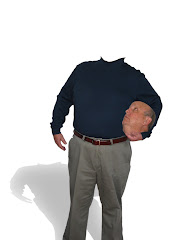Music courses offered by colleges are generally far more in-depth than other music courses and are usually only available to degree-seeking students (though some colleges offer music courses as part of their continuing education programs). Lower level college music courses often focus on an amalgamation of music theory and history, teaching individual theory concepts based on the historical period to which they are particular. As the music courses grow in skill level so too does the number of specialized topics. Advanced music courses are available for nearly every historical music period and are sometimes based on one particular movement. Advanced music courses for theory grow increasingly more difficult and slowly teach every detail found in modern music theory; it's during the theory music courses that students intending to major in music have their skills challenged the most -- some even refer to these music courses as a weeding out period. The photo to the left and above is a young me in front of the Westlake College of Modern Music, a school for jazz musicians right on Sunset Blvd. in Hollywood.
Instrument-based music courses are equally as tough at the college level, though they usually assume a working knowledge of the instrument before the class begins. Those wishing to learn an instrument, therefore, are better off with private music courses or music courses offered by a community orchestra or social group. These music courses will focus on the basic details of learning an instrument, starting from the very beginning. Fingering, theory and music reading will be covered, in addition to the occasional bit of history. Students of these music courses may then wish to move on to college-level music courses after completing a few years of private instruction.
